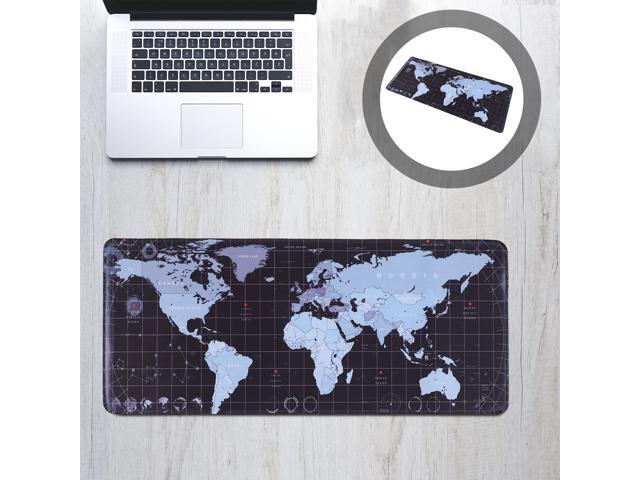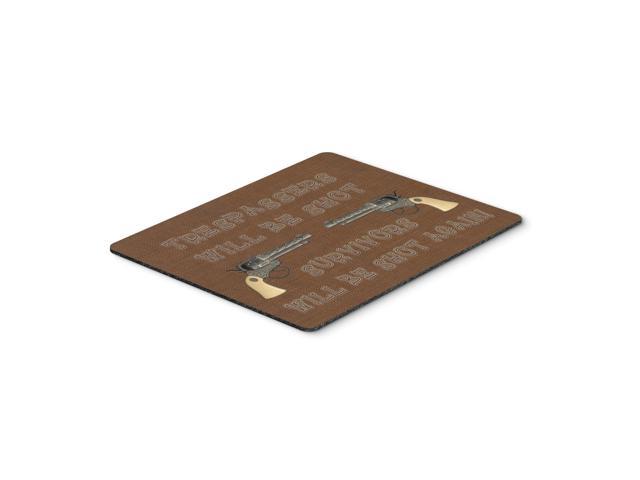Often compared to artists such as Raymond Pettibon and R. Crumb, nothing is sacred in Peter Saul’’s Pop-inflected satirical paintings as he lambastes his subjects, both political and personal.
A Pop Art predecessor who helped pave the way to Neo-Surrealism, Peter Saul is known for his luridly colored, contrarian depictions of popular culture and political history. In the 1950s and ‘’60s, reacting against Abstract Expressionism’’s seriousness and influenced by Surrealist Roberto Matta, Saul began to paint everyday objects like iceboxes, steaks, and toilets in bright colors, along with making political works like his Vietnam paintings (1960s), which had no clear moral message or political agenda, but were evidently anti-Vietnam War. Jumbling references from Mickey Mouse to Ethel Rosenberg and Willem de Kooning, his work also includes darkly humorous portraits and self-portraits. Most recently, he garnered attention for his series of Donald Trump paintings.
This monograph on Saul’’s work includes several essays and interviews. Art historian Richard Shiff writes about the work from a historical perspective, as does Annabelle Ténèze, while critic Bruce Hainley addresses the satirical aspect of the artist’’s work.

115 CAD
Buy Now













